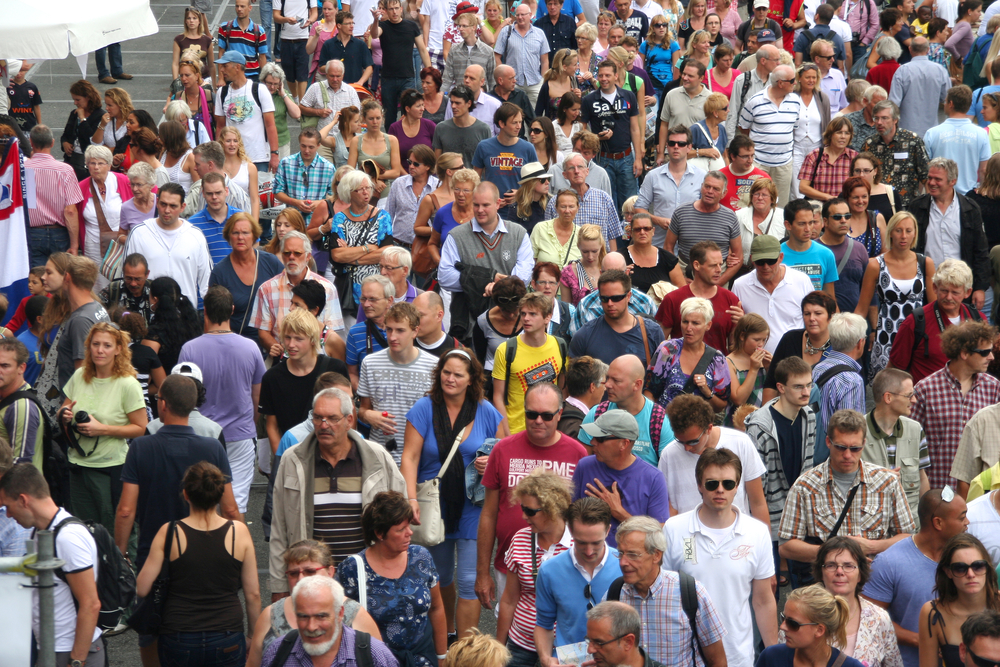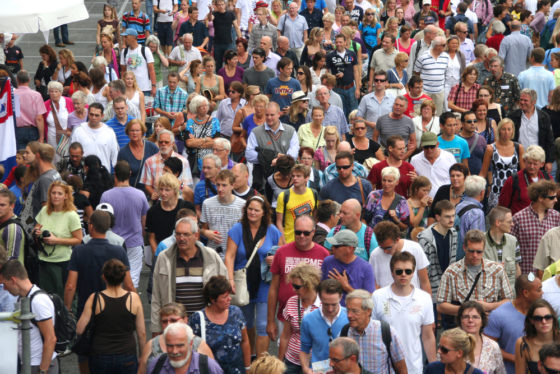The Netherlands has seven social classes, SCP social policy unit concludes


The government’s socio-cultural think-tank SCP has devised a new list of seven social classes in the Netherlands which reflect contemporary positions in society and, the agency says, point the way for a new approach to government policy.
The class analysis is based on disparities in income and economic resources, such as financial wealth, education and labour market positions, and combined with inequality in other resources: ‘who you know’ (social capital), ‘where you fit in’ (cultural capital) and ‘who you are’ (person capital: health and attractiveness).
‘Debate has recently been focused on purchasing power problems and poverty,’ the SCP said. ‘This is quite understandable in light of the high inflation in 2022, due to skyrocketing energy prices, among other factors. But contemporary inequality does not just consist of income shortfalls.’
The SCP drew up the list by combining the results of its population surveys from 2019 and 2020 with data from national statistics agency CBS, as part of a long-running project on disparities in the Netherlands.
The research suggests that 16% of the Netherlands’ residents are disadvantaged in at least one of the four key resources, while 20% have an advantage across all four. ‘This structural inequality is persistent and has major consequences,’ the SCP said. ‘It is important that something is done to tackle this inequality because it has an impact not only on the people themselves but on society at large.’
The seven social classes identified by the SCP:
- The working upper echelon (20%)
- Privileged younger people (9%)
- Leisured upper echelon (12%)
- Employed middle echelon (25%)
- Low-education pensioners (18%)
- Insecure workers (10%)
- The precariat (6%)
The researchers say that the groups at the bottom end have fewer opportunities and less trust in each other, politicians and government. The difference between them and those higher up the ladder are major and difficult to remove and this, the SCP said, could end up pressuring social cohesion.
Read a summary of the report in English
Half of the three social classes at the bottom of the scale think the government does not do enough for people like them and they are also less likely to vote. It is important, the SCP said, that the government makes sure that these ‘critical citizens’ remain involved in politics and society.
Policy
Having a clear picture of can help the government in two respects,’ SCP researcher Cok Vrooman told broadcaster NOS. ‘Recognising that inequality in the Netherlands is structural with clearly distinguishable classes is different to focusing on rich versus poor,’ he said.
‘It is also important to keep an eye on what happens during crucial periods of change… so what happens when you go through the school system, what happens when you enter the jobs market, start looking for a partner… leave the jobs market and deal with health inequalities?’
In particular, government policy which targets the elderly, youngsters or immigrants is outmoded, the SCP said. ‘These target groups are found in multiple social classes and cannot be lumped together as if they are all the same.’
Thank you for donating to DutchNews.nl.
We could not provide the Dutch News service, and keep it free of charge, without the generous support of our readers. Your donations allow us to report on issues you tell us matter, and provide you with a summary of the most important Dutch news each day.
Make a donation